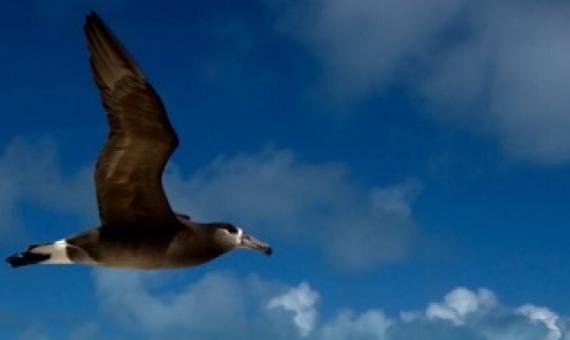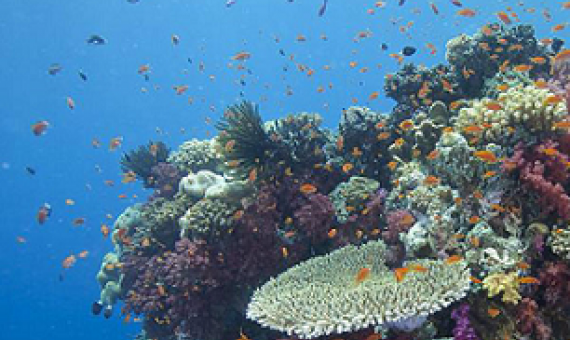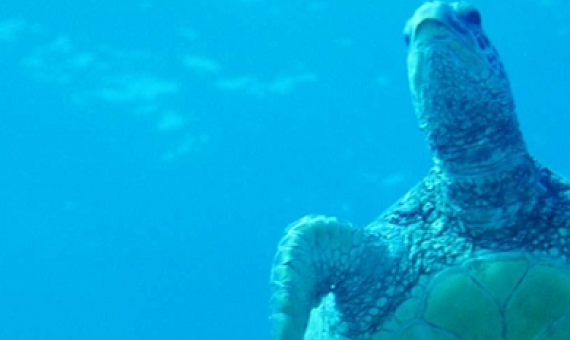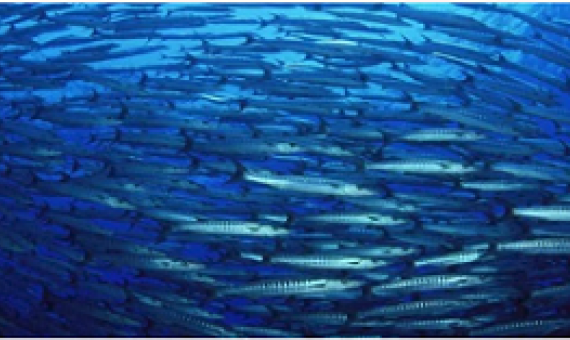Rights of Nature: Perspectives for Global Ocean Stewardship
The development of a new international legally binding instrument for the conservation and sustainable use of marine biodiversity beyond national jurisdiction (BBNJ agreement) is in the final negotiation phase. Legal recognition of rights of nature is emerging worldwide as a fresh imperative to preserve ecological integrity, safeguard human wellbeing, broaden participation in decision-making, and give a voice to nature – but so far exclusively within national jurisdiction. In this paper, we consider how a Rights of Nature perspective might inform the BBNJ agreement.











